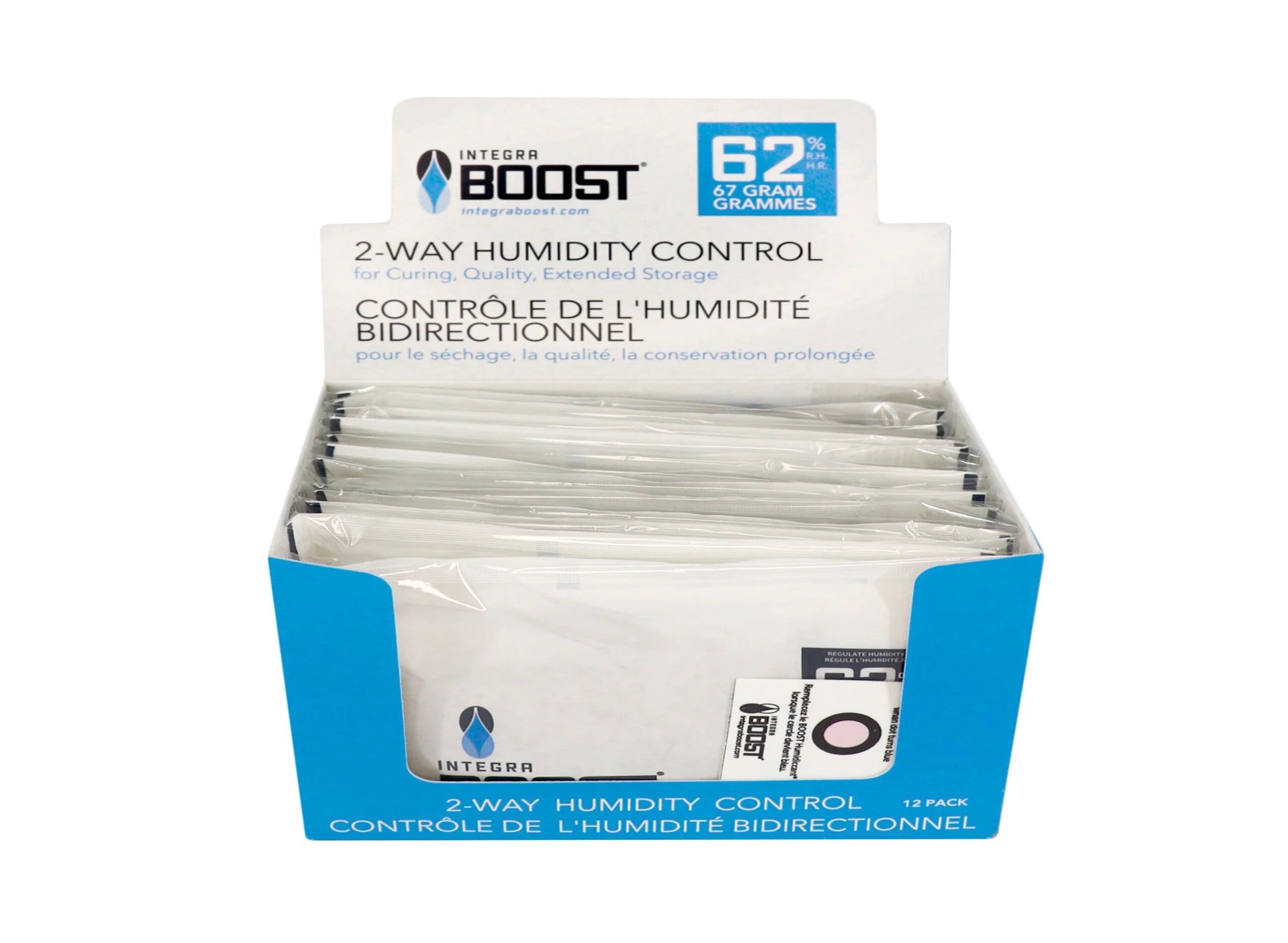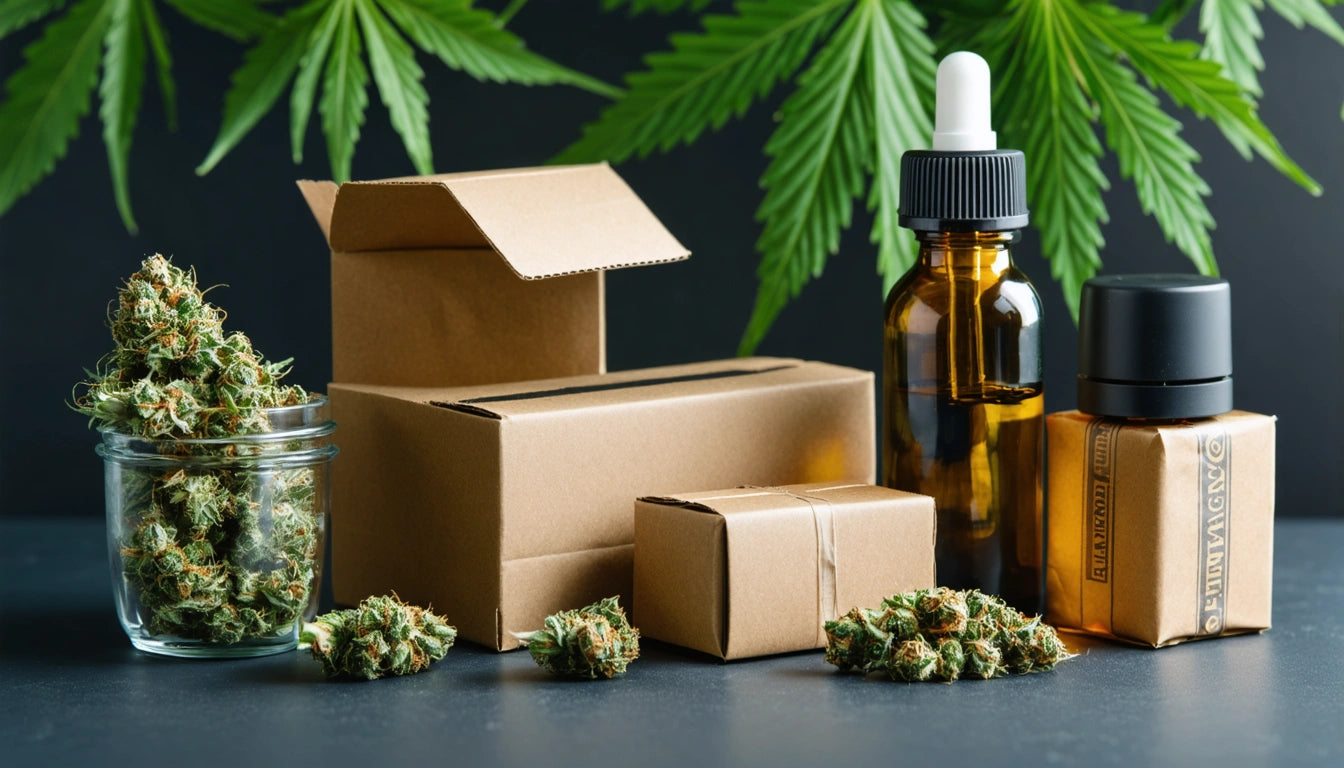Table of Contents
Discussing cannabis use with healthcare providers remains challenging for many patients despite increasing medical acceptance. A productive conversation with your doctor about cannabis requires preparation, honesty, and understanding of both the benefits and risks. This guide provides strategies for effectively communicating your interest in cannabis as a treatment option while maintaining a professional patient-doctor relationship.
Preparing for the Conversation About Cannabis
Before your appointment, gather information about your symptoms and how they affect your daily life. Document when symptoms occur, their severity, and treatments you've already tried. Research suggests that doctors respond more positively to patients who demonstrate they've done their homework.
Understanding basic cannabis terminology helps facilitate a more productive discussion. Know the difference between THC and CBD and their respective effects. Familiarize yourself with terms like indica, sativa, and hybrid to discuss potential options more confidently.
Research Your Condition
Identify research studies or clinical trials that examine cannabis use for your specific condition. Print these materials to share with your doctor, focusing on peer-reviewed studies rather than anecdotal evidence. This approach demonstrates your serious interest in cannabis as medicine rather than recreation.
Medical Considerations and Documentation
Be prepared to discuss your complete medical history, including any history of substance use or mental health conditions. Cannabis may interact with certain medications or exacerbate some conditions, so transparency is crucial for your safety.
If you're already using cannabis, be honest about your consumption methods and frequency. This information helps your doctor assess potential risks and benefits. Remember that medical cannabis differs from recreational cannabis in several important ways, including quality control, dosing precision, and strain selection.
Medication Interactions
Bring a complete list of current medications and supplements. Cannabis can interact with various pharmaceuticals, particularly those metabolized by the liver. Your doctor needs this information to prevent potential adverse reactions. For those using precise dosing methods, tools from specialized cannabis filling and measurement equipment suppliers can help maintain consistent medication protocols that your doctor can monitor.
Navigating the Conversation Professionally
Begin the conversation by asking if your doctor has experience with cannabis as medicine. This opening question helps gauge their knowledge level and comfort with the topic. If they have limited experience, consider asking if they're open to learning more about it as a treatment option for your condition.
Frame your interest in cannabis within the context of your overall treatment plan. Explain that you're not looking to replace conventional treatments but to potentially supplement them for better symptom management. This approach positions cannabis as one tool among many rather than an alternative to evidence-based medicine.
Addressing Potential Concerns
Anticipate questions about addiction potential, duration in your system, and appropriate dosing. Having informed responses ready demonstrates your commitment to responsible use. Be prepared to discuss consumption methods beyond smoking, such as tinctures, edibles, or vaporizers, which may be more medically acceptable.
Important Follow-Up Questions to Ask
If your doctor is receptive, ask specific questions about implementation:
- What consumption methods would be most appropriate for my condition?
- How might cannabis interact with my current medications?
- What symptoms should prompt me to discontinue use?
- How often should we follow up to assess effectiveness?
- Would you recommend microdosing as an approach for my situation?
Request guidance on tracking your response to cannabis. Many doctors appreciate patients who maintain journals documenting consumption amounts, timing, effects, and side effects. This information helps refine your treatment plan over time.
Alternative Options If Your Doctor Is Hesitant
If your primary physician is uncomfortable discussing cannabis, respect their position while exploring alternatives. You might ask for a referral to a colleague more knowledgeable about cannabis medicine or seek out a cannabis specialist. Many states with medical cannabis programs maintain directories of certified physicians.
Consider consulting with a clinical pharmacist who specializes in cannabis. These professionals often have detailed knowledge of cannabinoid pharmacology and potential drug interactions. They can provide valuable guidance even if your doctor is unable to.
Remember that medical opinions on cannabis continue to evolve as research expands. What matters most is finding a healthcare provider who respects your interest in exploring all available options while ensuring your safety through proper medical oversight and education.











Leave a comment
All comments are moderated before being published.
This site is protected by hCaptcha and the hCaptcha Privacy Policy and Terms of Service apply.